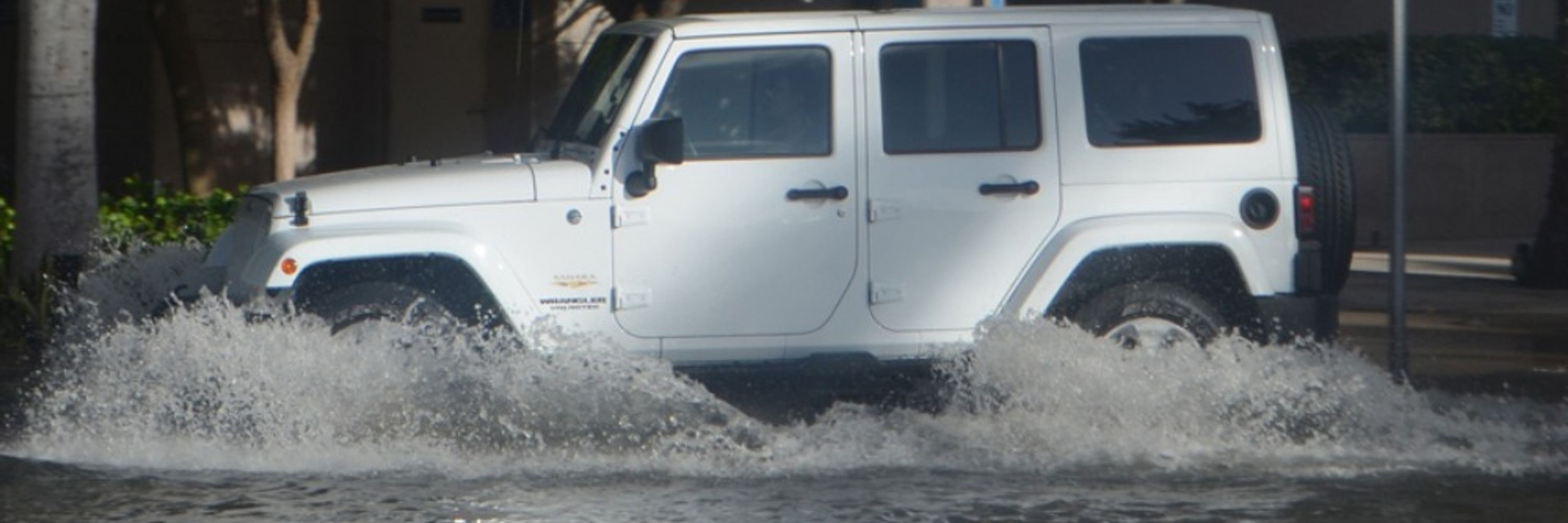









Read more:
https://www.theinvadingsea.com/2025/12/01/climate-change-florida-polling-hurricane-season-flooding-migration-property-insurance-fau/
Read more:
https://www.theinvadingsea.com/2025/12/01/climate-change-florida-polling-hurricane-season-flooding-migration-property-insurance-fau/
















